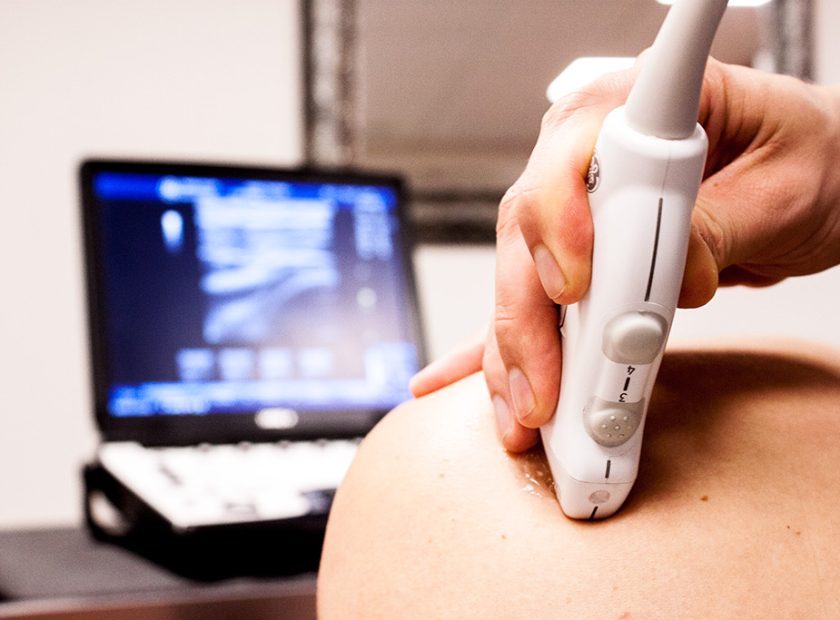5 Signs You Might Need a Liver Ultrasound Scan
The liver plays a crucial role in our overall health, yet it often goes unnoticed until significant problems arise. Regular check-ups and screenings can be instrumental in identifying potential liver issues early on. One such screening tool is a liver ultrasound scan, an invaluable imaging technique that allows specialists to obtain a detailed view of the liver structure. In this article, we will explore five signs that indicate the potential need for a liver ultrasound scan, ensuring early detection and prompt treatment if necessary.
-
Persistent Abdominal Pain: Unexplained and persistent abdominal pain can be an indication of several underlying issues, one of which is liver-related problems. When other causes have been ruled out, a liver ultrasound scan can offer insights into potential liver diseases or abnormalities. The scan allows healthcare professionals to visualize any structural changes, such as tumors or liver enlargement, helping to identify the root cause of the pain.
-
Jaundice Symptoms: Jaundice, characterized by the yellowing of the skin and eyes, can be an alarming sign of liver dysfunction. A liver ultrasound scan assists in assessing the liver’s condition and identifying any bile duct blockages or other factors contributing to jaundice. By visualizing the liver and its surrounding structures, specialists can pinpoint potential causes, such as liver inflammation (hepatitis) or gallstones.
-
Elevated Liver Enzymes: Routine blood tests may reveal elevated liver enzymes, suggesting possible liver damage or dysfunction. To further investigate the underlying causes, a liver ultrasound scan can provide valuable information. By examining liver size, texture, and blood flow, healthcare professionals can assess the severity of any liver-related conditions and prescribe appropriate treatment plans.
-
Suspected Liver Cancer: Liver cancer is a grave concern and requires timely detection for effective treatment. If symptoms such as unexplained weight loss, abdominal swelling, or anemia persist, a liver ultrasound scan can aid in the diagnosis. This non-invasive imaging technique enables specialists to identify any suspicious masses or tumors in the liver, providing essential information for accurate staging and treatment plans.
-
Monitoring Liver Disease Progression: For individuals with known liver diseases, such as cirrhosis or fatty liver disease, routine monitoring is crucial to determine disease progression and initiate suitable interventions. Liver ultrasound scans become an indispensable tool in such cases, allowing healthcare professionals to assess liver structure and identify any complications. This aids in modifying treatment approaches and making necessary lifestyle adjustments to manage liver health effectively.
Conclusion: Whether it’s unexplained abdominal pain, jaundice symptoms, elevated liver enzymes, suspected liver cancer, or monitoring existing liver diseases, recognizing the signs that indicate the potential need for a liver ultrasound scan can be lifesaving. Early detection of liver issues can significantly impact treatment outcomes. If you are experiencing any of these signs, it’s essential to consult a healthcare professional and consider the invaluable insights provided by a liver ultrasound scan.





